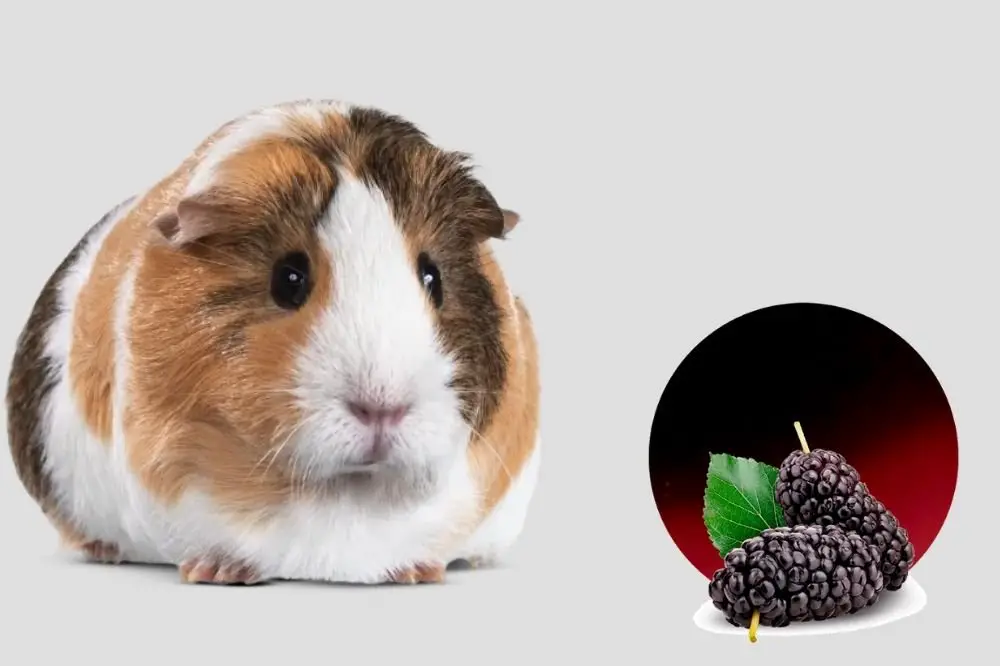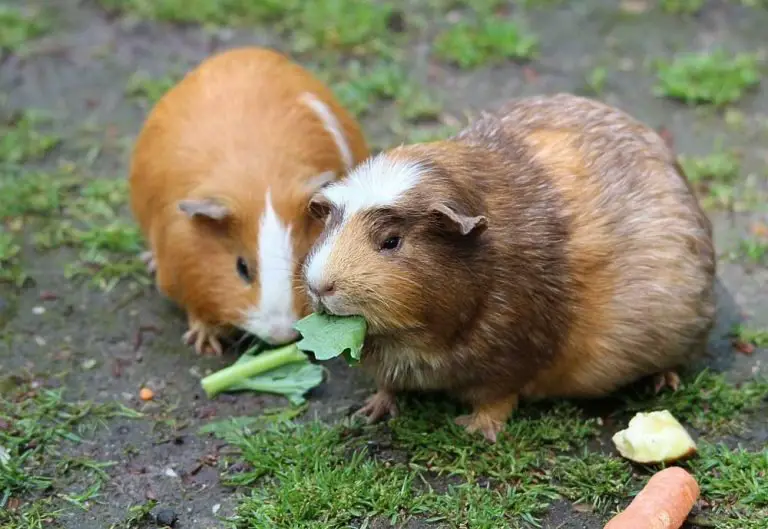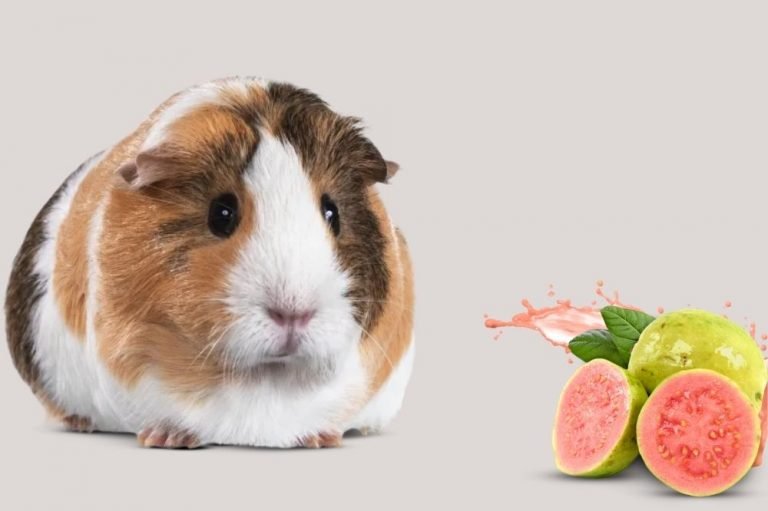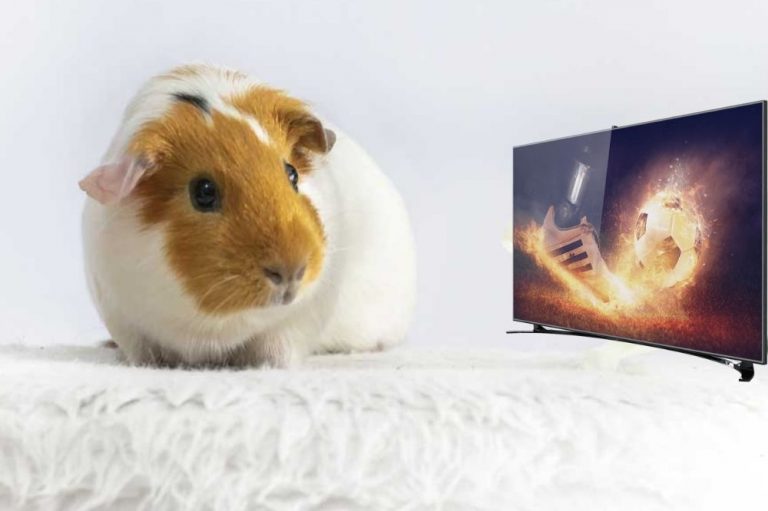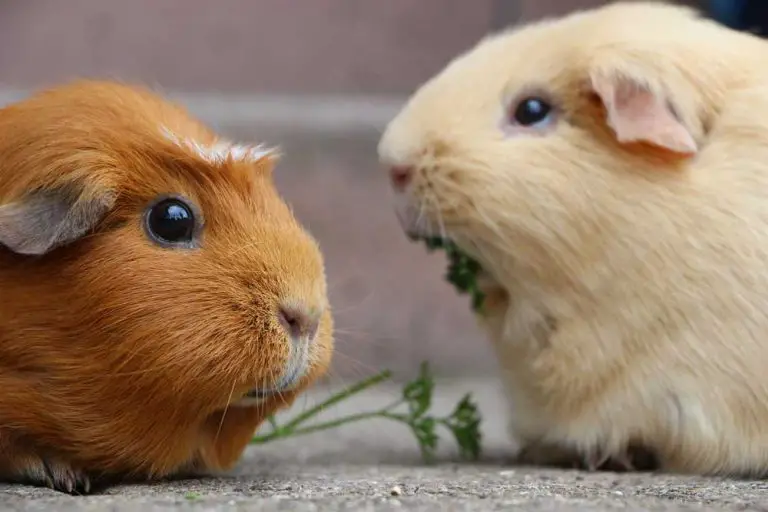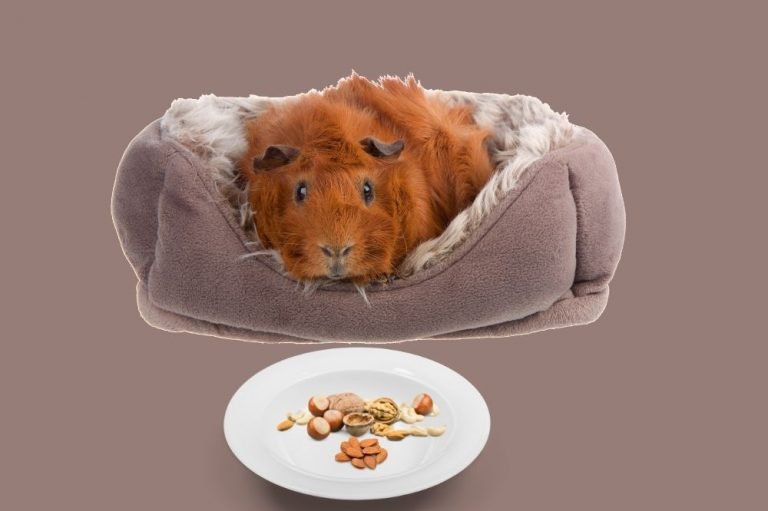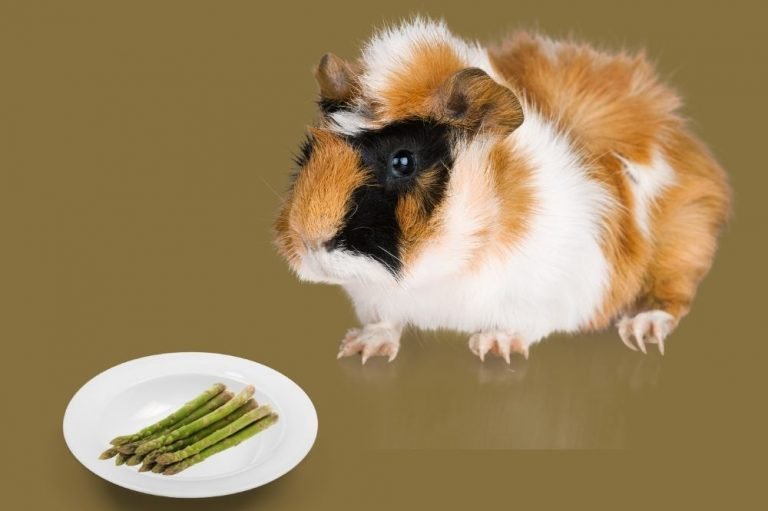Can Guinea Pigs Eat Mulberries?
Fruits are a main part of human diet. Should they also be added to a pet’s meal? Do guinea pigs eat fruits?
If so, then what fruits are safe for them? Wondering if they eat mulberries? Mulberries make different recipes but are they good for them? Read along and get the facts right about mulberries for your guinea pig.
Do Guinea Pigs Eat Mulberries?
Guinea Pigs do feed on mulberries. They work just fine but they are given in regulated amounts. Apart from the nutritional value they hold, mulberries also have a lot more benefits for your guinea pig.
Mulberry Feeding to Guinea Pigs
Guinea pigs eat different parts of the mulberry tree including the leaves, twigs, barks and the fruits. They also feed on the different types of mulberries which are the black, white and red mulberries.
Ensure you feed your pet with fresh mulberry. Dried mulberries are not good for your guinea pig since they contain excess sugar which is unhealthy for them. Frozen mulberries can be fed to the cavy but not when cold.
The Right Mulberry Feeding
Many fruits are not recommended for your pet due to the high sugar content. Consider giving it mulberry fruits once or twice a week in relatively large portions.
Alternatively, when fed with the fruits on a regular basis, give your guinea pig just small amounts of the fruit. They should be at least 10% or less of the main diet.
Make sure to clean the fruits well before feeding. This keeps the guinea pigs away from any health issues. Cavies should not be fed cold fruits. They are very sensitive to cold and cold fruits could lead to diarrhea.
Mulberry twigs, barks and leaves are good for your guinea pig’s teeth but they should also be given in small amounts. However, avoid trees which have been sprayed with pesticides since pesticides are bad for your pet.
Introduction of mulberry to guinea pigs should be gradual. Not all cavies have a liking for these colorful, juicy fruits. Make a good observation on your pet after its first interaction with mulberry.
Watch out for the following signs, constipation, bloating and diarrhea. If there is negative response, the mulberry is not a good fit for your guinea pig. When there are no changes, then you are good to go.
Mulberry Benefits for Guinea Pigs
Twigs, leaves and barks of mulberry trees keep the teeth of guinea pigs in shape. As they gnaw on them, their teeth strengthen and are also maintained within the right size. They keep them from overgrowing.
Moreover the leaves have high fiber content which is good for digestion. White mulberry fruits have a laxative effect on your guinea pig.
Mulberry fruits are a rich source of minerals and vitamins. They contain iron, magnesium, potassium, calcium, vitamin C, E and K. Mulberries have natural sugar as well which is good for the pet.
Fresh mulberry fruits are juicy and have more than 80%water content therefore they add water to the body of these pets. They also control weight in cavies and improve their body metabolism.
Roles of Vitamins and Minerals in Guinea Pigs
As discussed, mulberries incorporate different minerals and vitamins into the pet’s body. What purpose do they actually serve for them?
Potassium is responsible for the transportation of waste products and nutrients within the cavy’s body. It also regulates the heartbeat and helps the nerves to function well.
Vitamin E improves vision in guinea pigs, enhances reproduction and acts as an antioxidant. Antioxidants prevent or reduce the damage on body cells caused by other substances within the body.
Natural sugars are a source of energy for the guinea pig. They also add essential nutrients to its body and prevent against some diseases too. Iron improves blood circulation by allowing body cells to carry oxygen.
Vitamin K and calcium are good for healthy bones and teeth. Magnesium aids in many body processes such as regulating blood sugar levels, blood pressure, heartbeat and the making of proteins and bones.
Vitamin C boosts the immune system of guinea pigs. It also encourages and maintains tissue growth and reduces inflammation in guinea pigs.
Scurvy in Guinea Pigs
Scurvy in these pets is caused by vitamin C deficiency. Scurvy makes guinea pigs prone to other health risks such as anemia, swelling of body parts, loss of teeth or eventually death in extreme cases.
Neither can these pets manufacture their own vitamin C nor can they store a lot of that ingested. They need regular intake of this vitamin. Mulberry fruits are loaded with vitamin C and are a good pathway in preventing your guinea pig from being infected with the disease.
Dangers of Excess Mulberry
Too much mulberry exposes your guinea pigs to certain health risks. Excessive twigs, barks and leaves make them susceptible to digestion problems. This is because they have a lot of fiber which may not be digested when in high amounts.
Mulberry fruits have high sugar content. Just like humans, surplus sugar is bad for the cavy’s teeth. It also leads to accumulation of fat making the guinea pig overweight.
A lot of sugar can bring heart problems in the pet and make it diabetic. Excess calcium from mulberry fruits results in kidney problems among your guinea pigs. In addition, kidney problems and much weight cause urinary problems in the cavy.
Mulberry Growth
Mulberries are grown in different parts of the world such as Asia, Africa and North America. When native in your area, you can easily access the leaves, twigs and barks. If not available locally, make use of mulberry fruits since most countries import them.
Last Words
Mulberry trees have different parts which can be part of your pet’s regular diet. Guinea pigs have a whole lot of benefits they can gain from them.
The essential thing is observing cleanliness and feeding the right amounts. Feed your pet with mulberry in the proper way to rip off its good effects.

